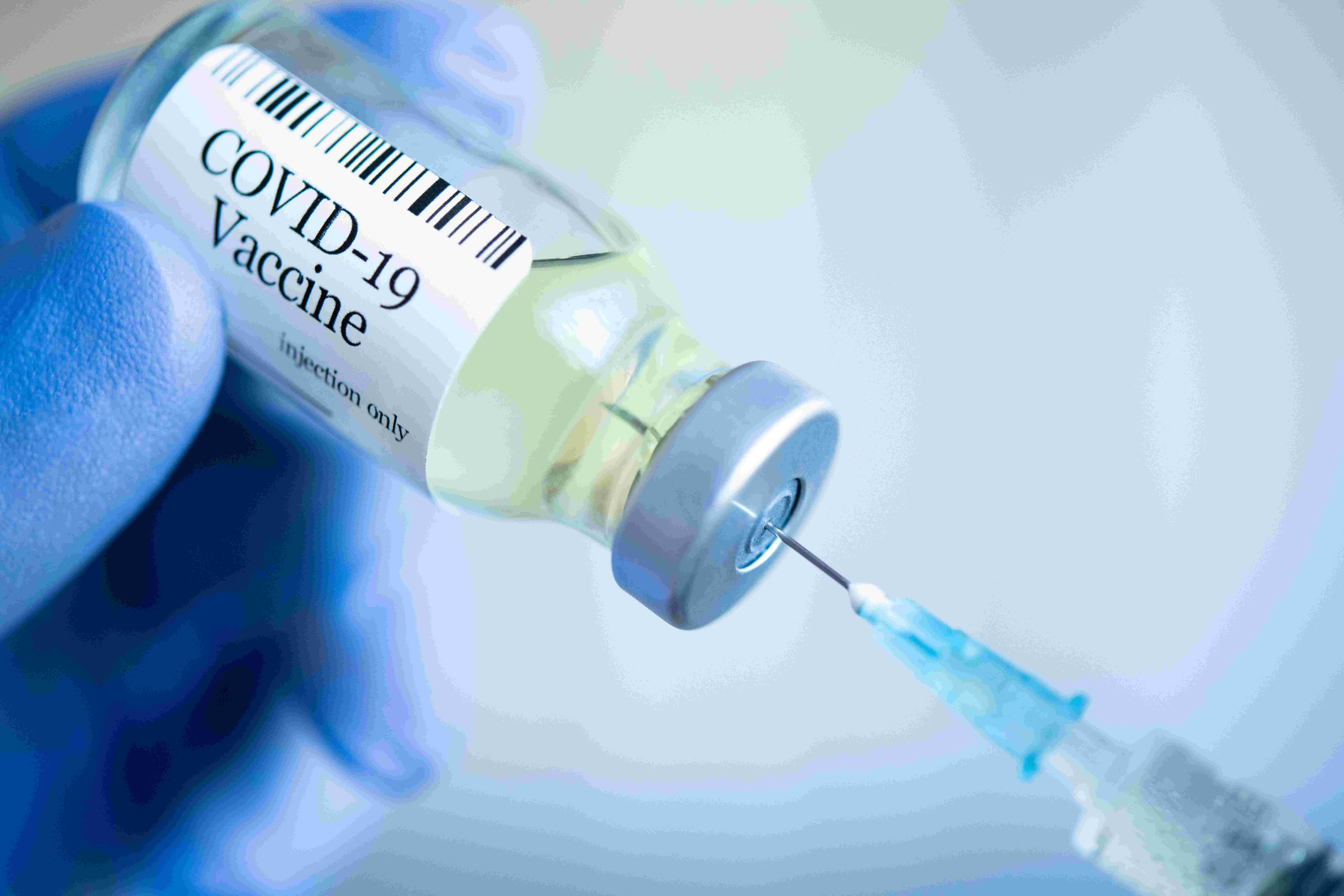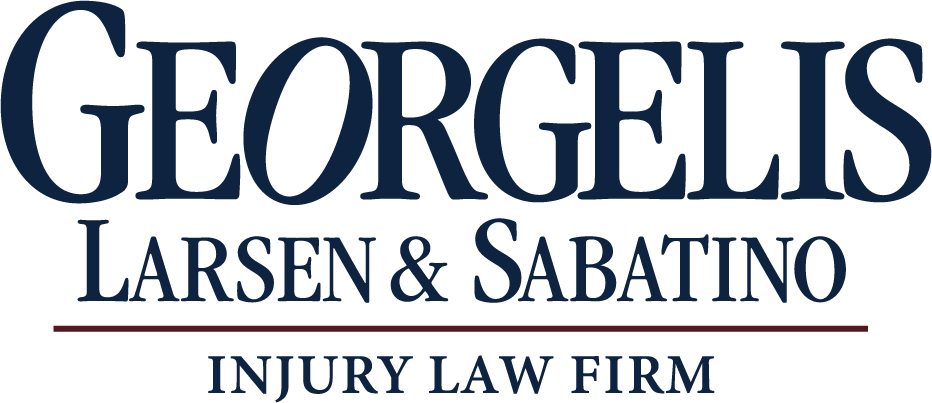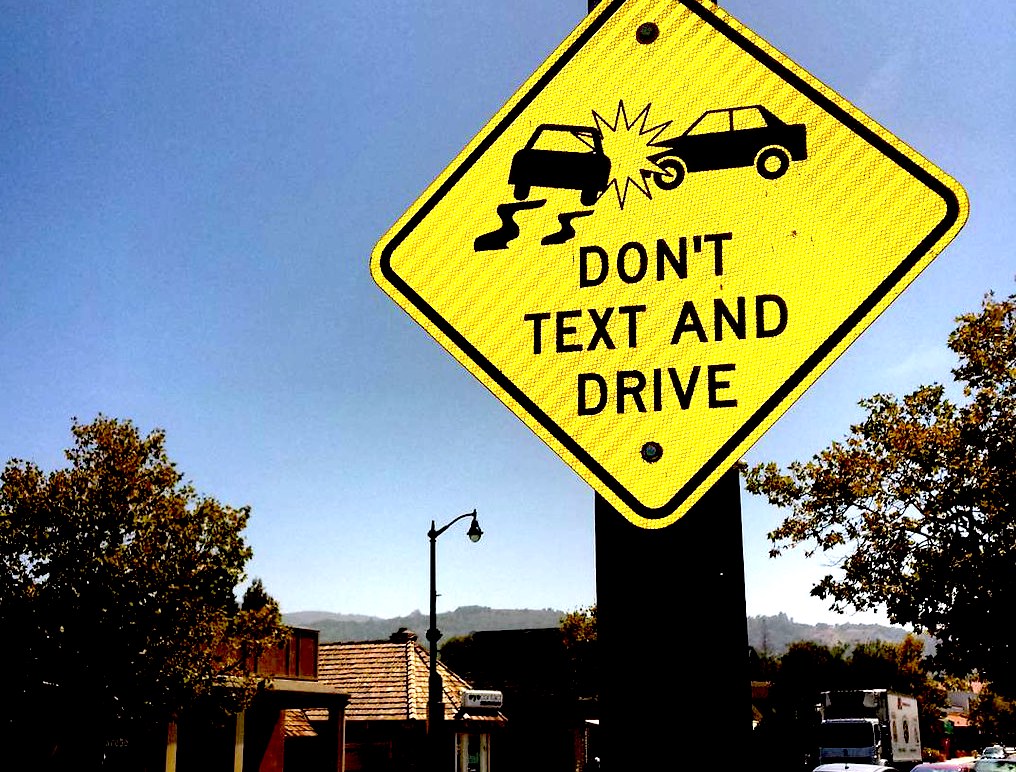
As COVID vaccinations become more widely available, many employers are considering requiring their employees to get vaccinated before returning to work. But can employers require workers to get the COVID-19 vaccine? Is mandatory vaccination allowed by employers?
This is a complicated and timely question as the coronavirus pandemic continues to spread in the United States. The short answer is it depends, and there are several factors that allow both the employer to require a vaccine and an employee to be exempt from the requirement.
- Reasons for Vaccination Requirements
- Reasons for Vaccination Exemptions
- What Happens If I Have a Bad Reaction to a Vaccine?
- National Vaccine Injury Compensation Program (VICP)
Reasons for Vaccination Requirements
While there are no federal vaccination mandates, individual states can require vaccinations for different populations to protect public health and welfare. For example, you are likely familiar with the vaccine requirements for children before they can attend public school. These types of requirements date back to the early 1900s when smallpox was spreading throughout Massachusetts.
More than a century later, all 50 states allow vaccine requirements, with qualified exemptions, for students. Individual businesses and organizations are also permitted to require vaccines if deemed necessary. But what defines “necessary” for employers?
Employers may mandate vaccines for employees to return to work if failure to do so would pose a direct threat to others. Specific industries such as healthcare, travel, manufacturing, and retail may have a greater need to require their workforce to be vaccinated than others. For example, a hospital can require an emergency room physician to receive a vaccination in order to prevent patients and other employees from contracting and spreading the disease.
Employers may also consider requiring vaccinations to protect themselves from liability if employees feel they have not provided a safe and healthy work environment, a requirement by the Occupational Safety and Health Act (OSHA). Weighing the decision to implement a vaccination requirement is complex and requires research and discussions with senior leadership, human resources, and employment attorneys.
Reasons for Vaccination Exemptions
Even if an employer requires workers to receive a COVID-19 vaccine, there are exemptions in place to protect an individual’s civil rights. Vaccination requirements by employers must comply with the Americans with Disabilities Act (ADA), Title VII of the Civil Rights Act of 1964 (VII), and other employment laws defined by the Employment Opportunity Commission (EEOC).
Vaccine exemptions include:
If an employer requires employees to receive a COVID-19 vaccine, there are at least two ways an employee could challenge the requirement:
- Sincerely held religious beliefs. Title VII requires employers to accommodate an employee’s religious belief or practice unless in the workplace Employers should attempt to make reasonable accommodates for an employee with a religious objection, including the ability to work remotely, if possible. If accommodations cause undue hardship on the organization, employers have the right to exclude the employee from entering the place of business.
- Health status or disability. Similar to the reasoning in Title VII, the ADA requires that employers exempt employees from vaccine requirements for health reasons. Again, employers have to make reasonable accommodations for this team member.
What Happens if I Have a Bad Reaction to a Vaccine?
Since the invention of the smallpox vaccine in 1796, vaccines have dramatically reduced deadly diseases everywhere in the world. Through years of research and development, vaccines have become one of the easiest and cost-effective ways to keep our global population healthy.
Vaccination side effects such as fever, chills, aches, and injection soreness are normal. In fact, some side effects of a vaccine are signs that your body is creating the necessary tools to becoming immune to the disease. As your body learns how to fight off a pathogen, it may mimic some of the symptoms of the disease.
For any vaccine, if you are having a severe reaction such as anaphylaxis or respiratory distress, seek immediate medical care by calling 911.
National Vaccine Injury Compensation Program (VICP)
In the case of severe reactions to vaccines, the National Vaccine Injury Compensation Program (VICP) may provide financial compensation to individuals who are found to have been injured by a VICP-covered vaccine. The VICP, developed in the 1980s, is a federally funded program. VICP is also funded by an excise tax on covered doses.
While the COVID-19 vaccine is not considered a covered vaccine by the VICP, other common vaccines are covered by the program including:
- Diphtheria (e.g., DTP, DTaP, Tdap, DT, Td, TT)
- Hepatitis A and B (e.g., HAV and HBV)
- Human papillomavirus (e.g., HPV)
- Seasonal influenza (e.g., Flu)
Any individual who received a covered vaccine and believes they were injured as a result can file a petition.
Do You Have Questions About an Injury Related to a Vaccine?
Navigating the health care and insurance industry can become complicated. If you have questions about your rights regarding vaccinations or the National Vaccine Injury Compensation Program, we can help. Our team of experienced, compassionate, and professional attorneys has years of experience helping people understand their rights. Reach out today for a free consultation by calling 717-394-3004 today.
We’re available 24/7 and will come to you for a free consultation. We never collect a fee unless we get money for you. Contact us today and we’ll handle everything from there!





